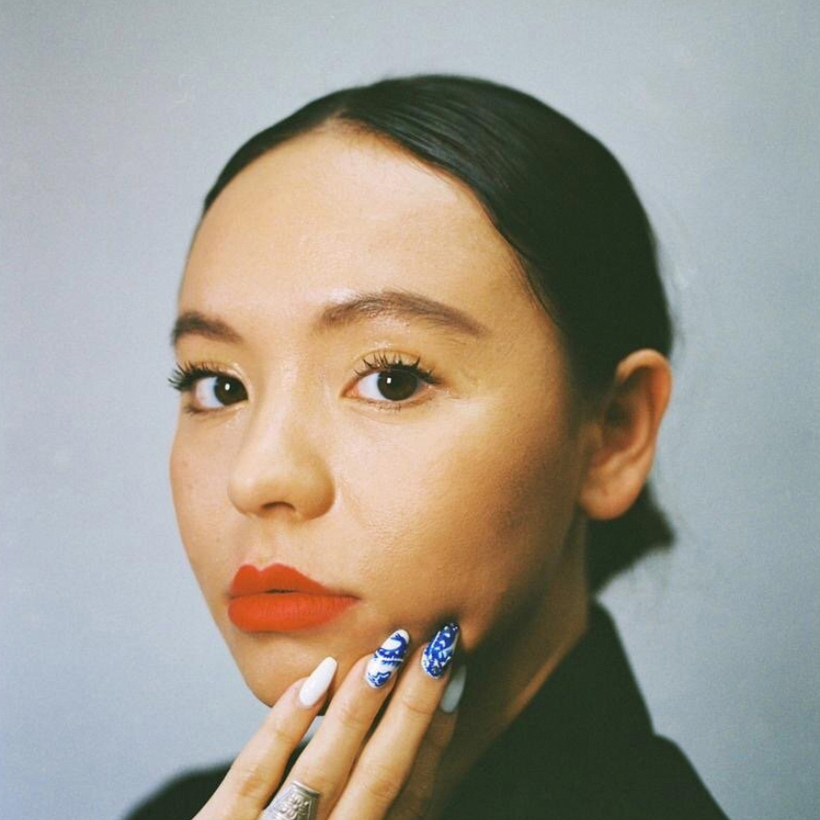Scroll down the testimonials on @everyonesinvited and weep. Eleven-year-olds forced to send nude photos to older boys, 13-year-olds molested in front of cheering pupils in parks, 15-year-olds coerced into having sex at parties, hundreds of children’s desperate stories of rape culture, harassment, assault and sexual humiliation. This is Britain in 2021.
No individual is singled out but the schools named include famous single-sex ones such as St Paul’s School and Harrow, as well as mixed-sex schools such as Latymer Upper School in west London, Wellington College and Bedales, grammar schools and state secondary schools. Students at university have also started posting their experiences at Edinburgh, Exeter, Manchester and Newcastle. This Instagram campaign highlighting teenage sexual abuse has gone viral.

